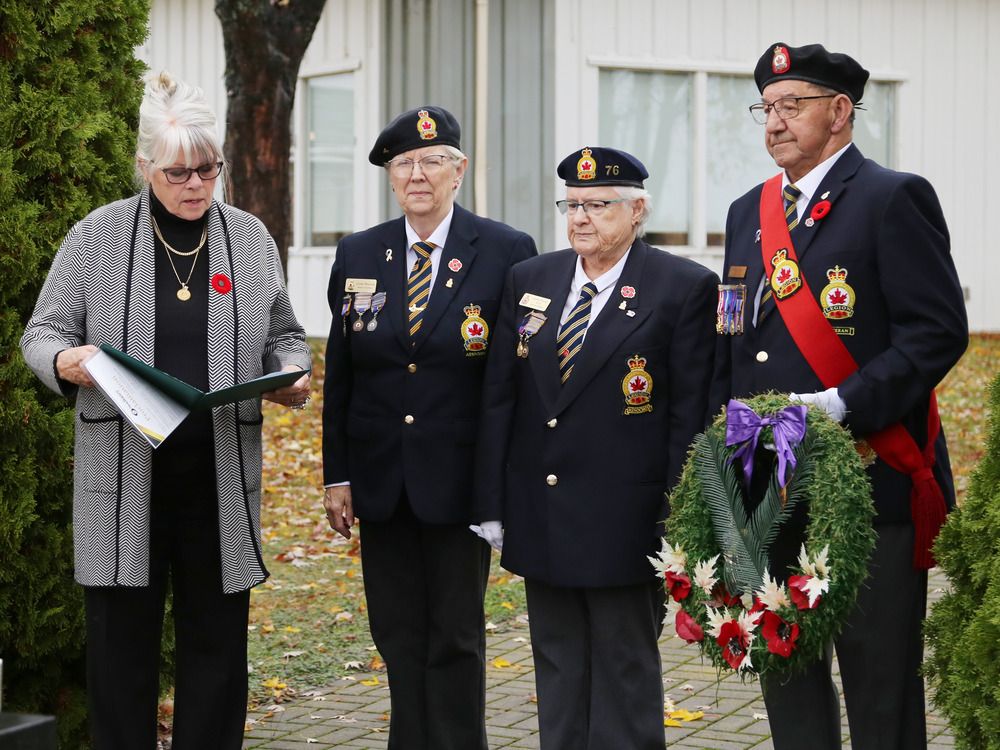Happy Guy
Full Member
- Reaction score
- 588
- Points
- 810
Just when I thought that the pendulum swung enough, being politically correct, and we were going back to the centre, then this happens.

 nationalpost.com
nationalpost.com

Directives to military chaplains urge expunging God, religion from Remembrance Day, public ceremonies
The directive urges chaplains to 'adopt a sensitive and inclusive approach' during public addresses.


